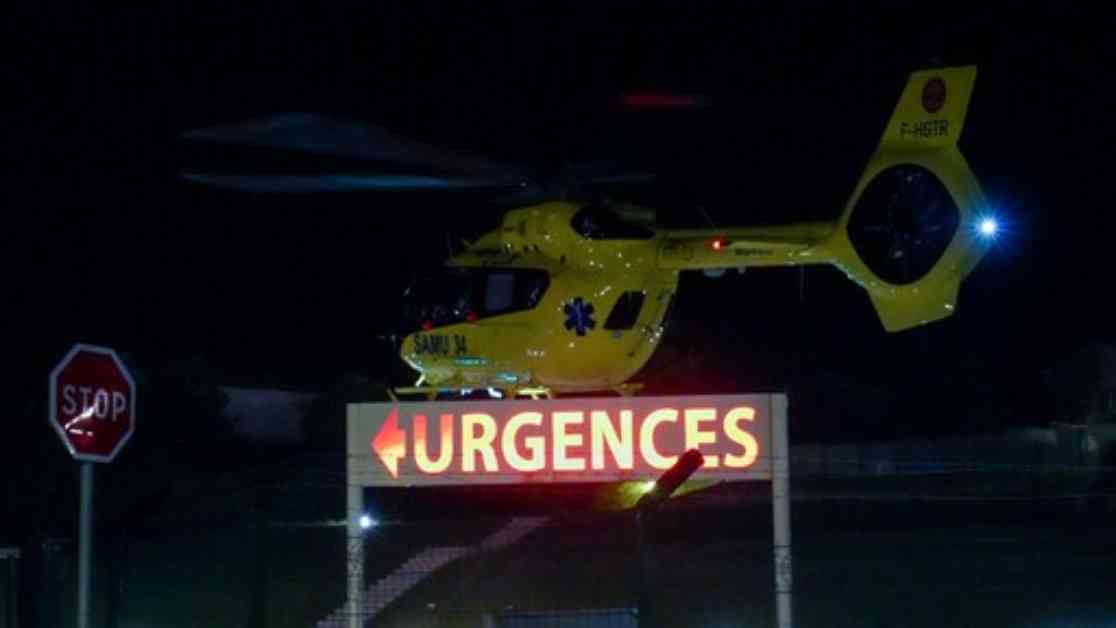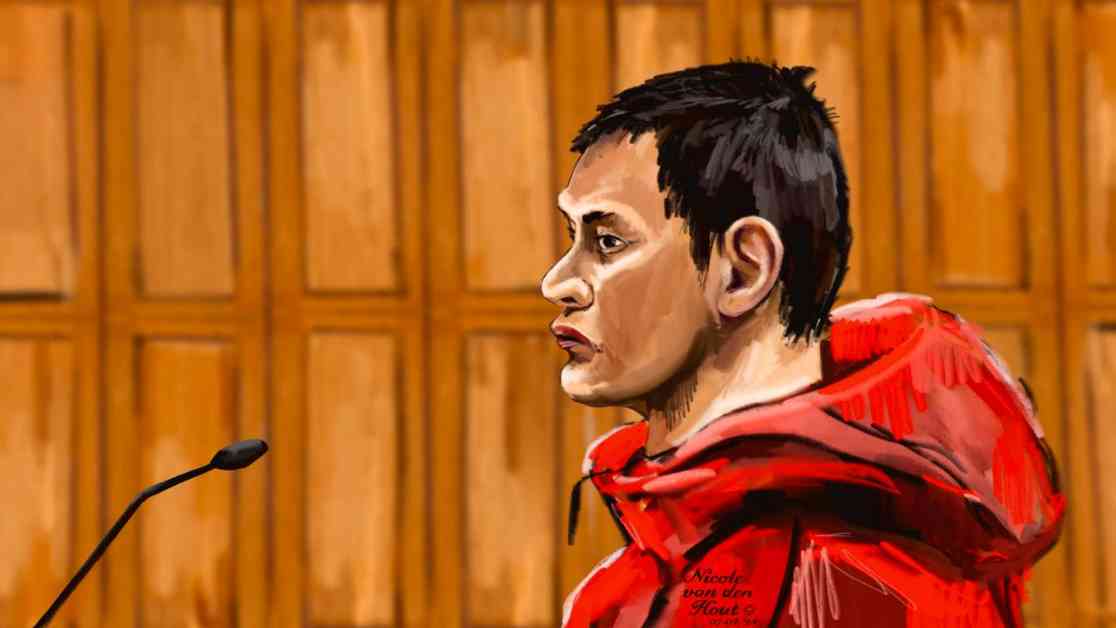One billion people in 43 countries are at risk of cholera, the UN warned on Friday, and while the means to stop “this pandemic of the poor” are well known, the resources are desperately lacking to implement them. “There is a pandemic killing the poor right before our eyes and we know exactly how to stop it but we need more support and less inertia from the global community because if we don’t act now it will get worse,” Jérôme Pfaffmann Zambruni, head of UNICEF’s public health emergency unit, warned on Friday at a press conference in Geneva.
“The WHO estimates that one billion people in 43 countries are at risk of cholera,” said his colleague Henry Gray, one of the officials of the World Health Organization (WHO) in charge of fighting the scourge. , which spreads like wildfire in the absence of adequate sanitary conditions and lack of drinking water.
Cholera causes diarrhea and vomiting and can be particularly dangerous for young children. The UN needs $640 million to fight the infectious disease, but said the longer it waits to ramp up the fight, the worse the situation will get.
According to the WHO, vaccination campaigns have been severely hampered. So far this year, 24 countries have reported cholera outbreaks, up from 15 in mid-May last year. Countries that are not usually affected are now victims of the cholera vibrio and the mortality rate far exceeds the usual 1% rate.
Henry Gray blamed the increase in cases on poverty, conflict, climate change and the displacement of people they cause, in very precarious conditions. “As the number of countries affected by cholera increases, the resources available for prevention and care are more dispersed,” he said.
The oral cholera vaccine is an example: more than 18 million doses have been requested this year but only 8 million are available, forcing prevention campaigns to stop. The WHO has also been forced to recommend a single dose of vaccine instead of two to save more people, but at the risk of protecting them for less time. “The future is bleak,” Mr. Gray insisted. In total, the WHO and Unicef, which are working in close coordination to fight the bacteria, need 160 and 480 million dollars respectively over the next 12 months to intervene in more than 40 countries.




















